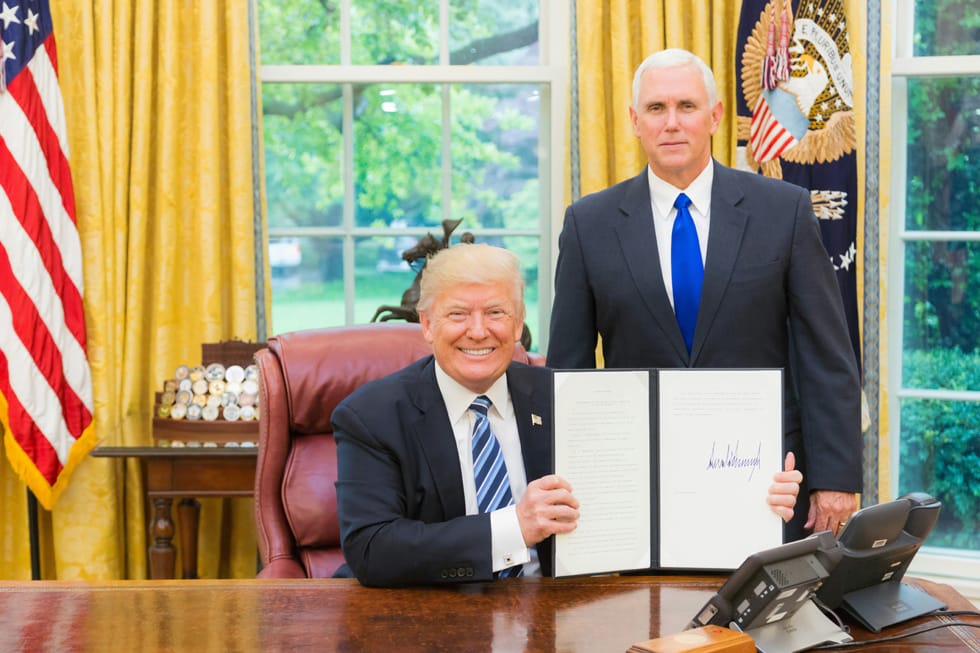The last six months have been very interesting indeed, including Rachel Reeves biggest tax-raising Budget on record: OBR watchdog’s database shows that the Chancellor hiked the tax burden by £41.5bn, more than Norman Lamont’s notorious 1993 raid.*1
This was followed by the US election which saw Donald Trump being elected for a second term. Since January 20, 2025, the day in which Donald Trump was inaugurated as the 47th president of the United States of America, the 100th day of his second presidency will end on April 30, 2025. As of April 2025, President Trump has signed 124 executive orders, 29 proclamations, 27 memorandums and he has signed the Laken Riley Act, a continuing appropriations act, and miscellaneous pieces of legislation revoking Biden-era rules.*2 His tariffs on overseas trade have, I think, made the most headlines. Tariffs are taxes on goods from other countries, and companies bringing the goods into the country pay the fee, typically a percentage of the goods’ value, to the government.
Trump announced a 10% “baseline” tariff on imports to the US. This is what the UK will face. But 60 countries will be hit with higher rates of up to 50%, including China. Countries in the European Union face a 20% tariff.*3
But what has this meant to financial markets? In recent weeks we have seen a lot of volatility. Sometimes it is important to look at the facts unemotionally: the FTSE 100 is the UK’s best-known stock market index of the 100 most highly capitalised blue chips listed on the London Stock Exchange, and this closed at 8219.61 on October 29, 2024, the day before the UK budget. On April 14, 2025 (when this article was written) it closed at 8134.34. Similarly the Dow Jones, which tracks thirty of America’s biggest and most established companies, closed at 43729.93 on November 6, 2024, the day before the President was elected, and on April 14, 2025 it closed at 40524.79.
I think by listening to the news you would expect that markets would have fallen a lot during these periods but in reality there has not been much movement, although there has been a lot of volatility during this time.
Don’t forget if you would like a financial review or to discuss your investments, why not pick up the phone today and book a free without obligation consultation.
*1Mail online, 15 November 2024
*2Wikipedia
*3BBC News, 3rd February 2025









